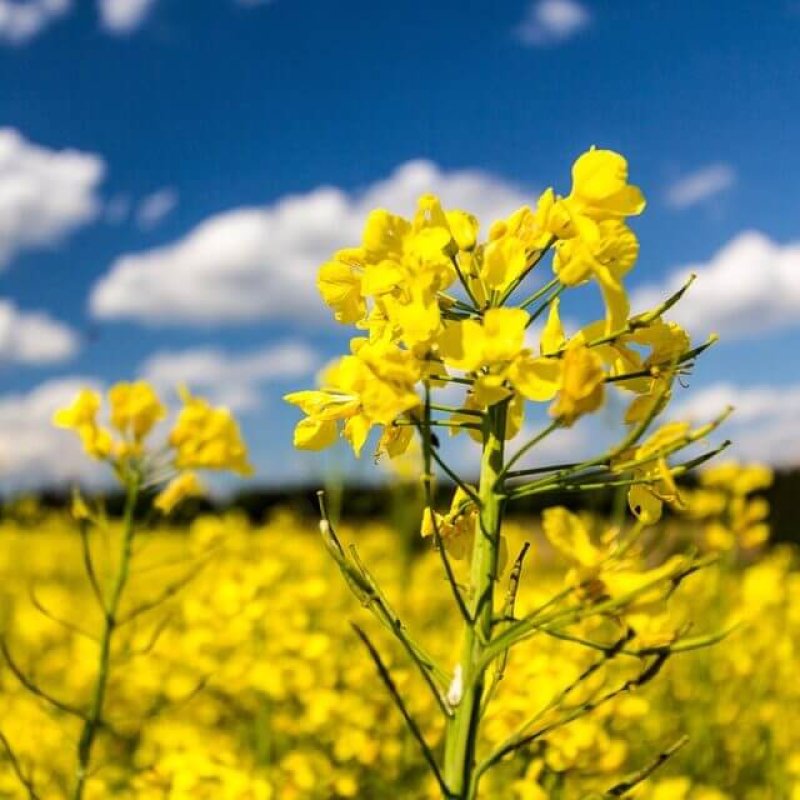The National Farmers Union (NFU) … announced [February 7] that it has applied for emergency use of neonicotinoid seed treatments to alleviate insect pest pressure on a proportion of the English oilseed rape crop [known as rapeseed in the US].
NFU Vice President Guy Smith said:
This application recognises that, because of the neonicotinoid restrictions, pest numbers have increased in recent years to such an extent that there are now areas of the country where these seed treatments are less likely to be of benefit – areas where the pest pressure is so high that the risk of losing oilseed rape is too great and control with pyrethroids is compromised by increased pesticide resistance.
Mr Smith said over-reliance on pyrethroids, caused by the neonicotinoid restrictions, is ‘exacerbating’ this resistance problem.
…
Friends of the Earth (Read GLP Profile here) food and farming campaigner Sandra Bell said: “With mounting scientific evidence of the threat neonicotinoids pose to our bees, the current ban on these pesticides should be strengthened – not weakened.
The GLP aggregated and excerpted this blog/article to reflect the diversity of news, opinion, and analysis. Read full, original post: NFU applies for emergency use of neonicotinoids as OSR crop continues to decline































